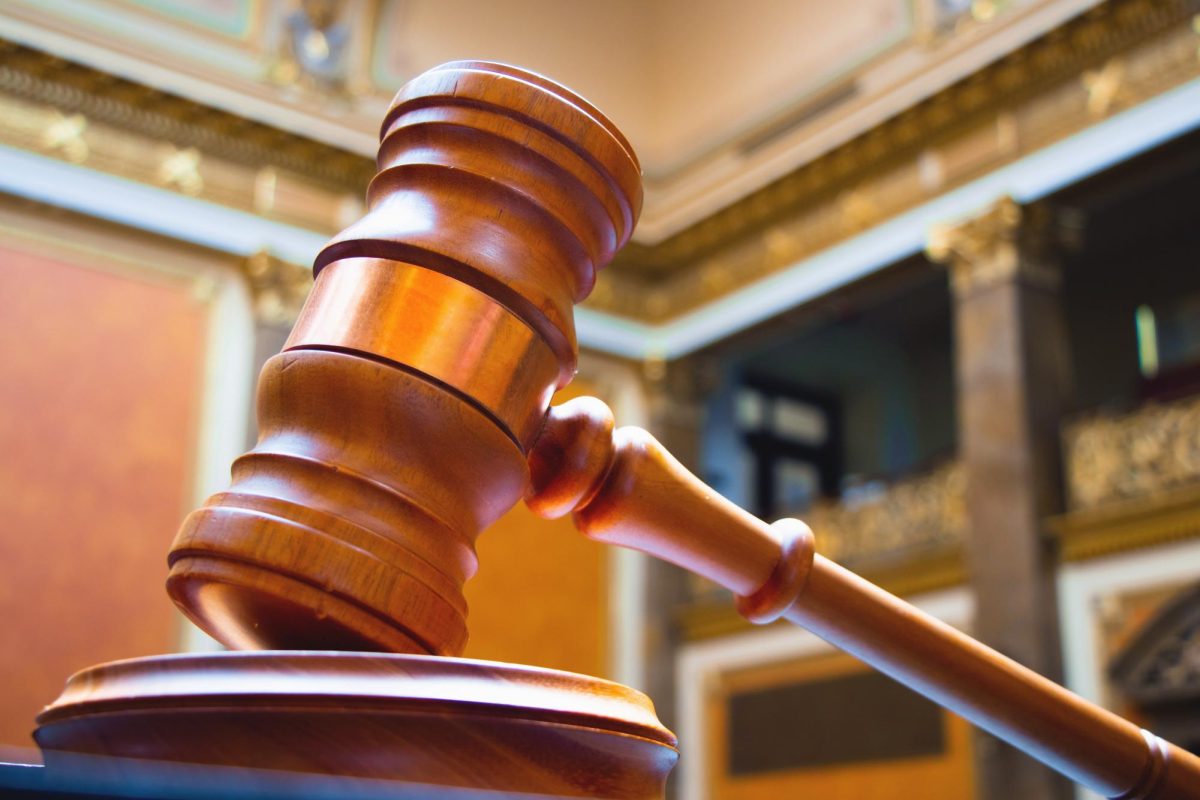After Drake University filed a copyright infringement lawsuit against Des Moines Area Community College over its rebrand in July 2024, DMACC countersued, accusing Drake of defamation.
On March 14, U.S. Chief District Judge Stephanie Rose, who has been overseeing the case, dismissed the DMACC Foundation’s defamation claim, calling the allegations against Drake “contradictory.”
“While zealous advocacy is expected, counsel must ground their pleadings in reasonable factual and legal interpretations,” Rose wrote in her ruling. “The parties are reminded that litigation positions, whether advanced in court or to the public, must reflect the same commitment to accuracy and candor.”
DMACC argued that Drake’s statements and the controversy around the case have harmed its reputation. DMACC based its defamation claims on an email Drake sent to its alumni which stated DMACC was causing “confusion” in the Des Moines marketplace by introducing a logo similar to Drake’s.
“The DMACC Foundation alleged defamation based on what it believed to be false statements made to alumni and the harm that caused with previous and potential donors,” DMACC said in a statement sent to the TD by Vice President of Student Affairs Erica Spiller. “DMACC and the DMACC Foundation continue to believe that Drake does not own the letter ‘D’ and the scope of Drake’s rights are now the subject of appeal.”
This ruling marks a victory for Drake after Rose increased the University’s required preliminary bond from $25,000 to $250,000 in February.
“We are pleased with the court’s decision and the detailed language used within the ruling,” Drake President Marty Martin said in a statement to The Times-Delphic.
While Rose dismissed the defamation case against Drake, the copyright case is still ongoing. However, Rose indicated that Drake may come out on top by issuing a preliminary injunction against DMACC, as a judge needs a strong reason that “one side will prevail” in order to do so.









Carl • Mar 26, 2025 at 12:57 pm
Would the TD ask admin how much tuition money they’ve spent on this lawsuit? And how they believe that money will add value to students’ educational experience?